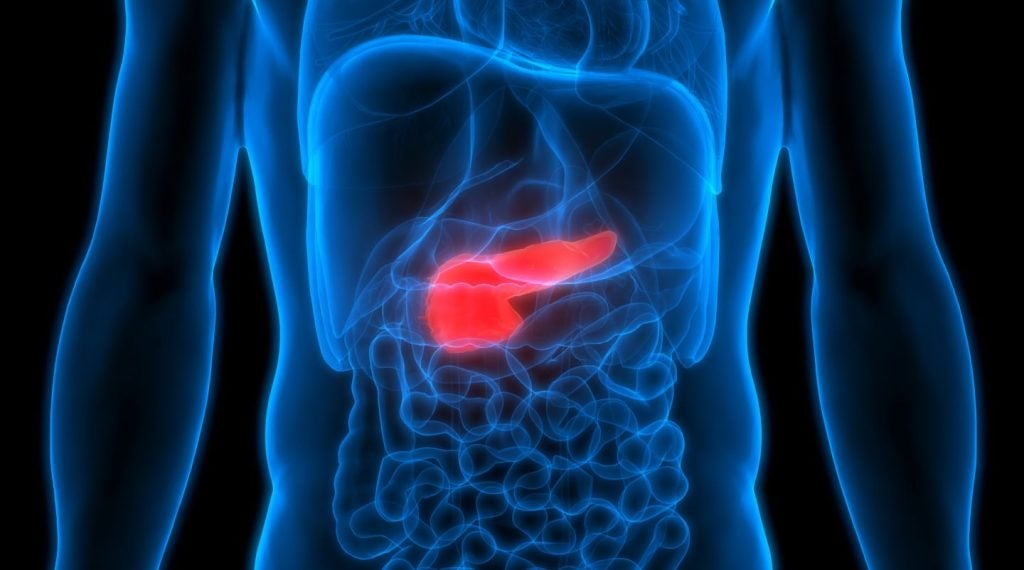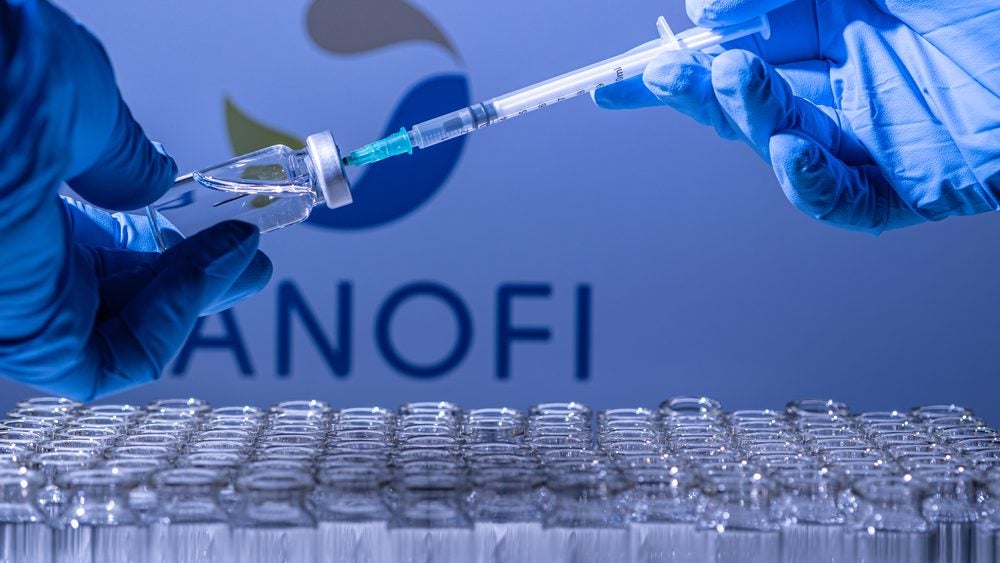South Korean biopharmaceutical company TiumBio has submitted an investigational new drug application to the Korean Ministry of Food and Drug Safety for a Phase IIa clinical trial of TU2218, an oral immuno-oncology drug intended to treat cancer.
TU2218 is a dual inhibitor that targets the transforming growth factor beta receptor 1 (TGFR1) and vascular endothelial growth factor receptor 2 (VEGFR2), with the aim of hindering pathways that are known to impact the activity of immuno-oncology drugs.
The drug is currently being studied in a Phase Ib clinical trial in the US along with Keytruda (pembrolizumab) for treating advanced solid tumours.
The upcoming Phase IIa study will focus on biliary tract cancer (BTC), head and neck squamous cell carcinoma (HNSCC) and colorectal cancer (CRC), which have historically shown low response rates to existing therapies.
The Phase IIa trial aims to enrol up to 116 subjects across three cohorts, with up to 40 participants for BTC, up to 36 for HNSCC and up to 40 for CRC.
It will assess the efficacy and safety of TU2218 administered alongside pembrolizumab.
TiumBio expects that the combination regimen will lead to improved response rates in these types of tumours.
In preparation for the trial, the company has conducted in vivo efficacy studies using syngeneic tumour models, including 4T1, MC39 and CT26.
TiumBio founder and CEO Hun-taek Kim said: “We believe that the results of this TU2218 triple combination regimen show substantial potential in enhancing anticancer efficacy.
“The three indications we selected are diseases characterised by high expression of the target protein TGF-beta within the microenvironment, coupled with a significant unmet medical need attributed to low response rates to anti-PD-1 therapies.
“We will develop TU2218 as a safer and more effective novel drug to increase clinical benefits of the immune checkpoint inhibitors in this area.”
















